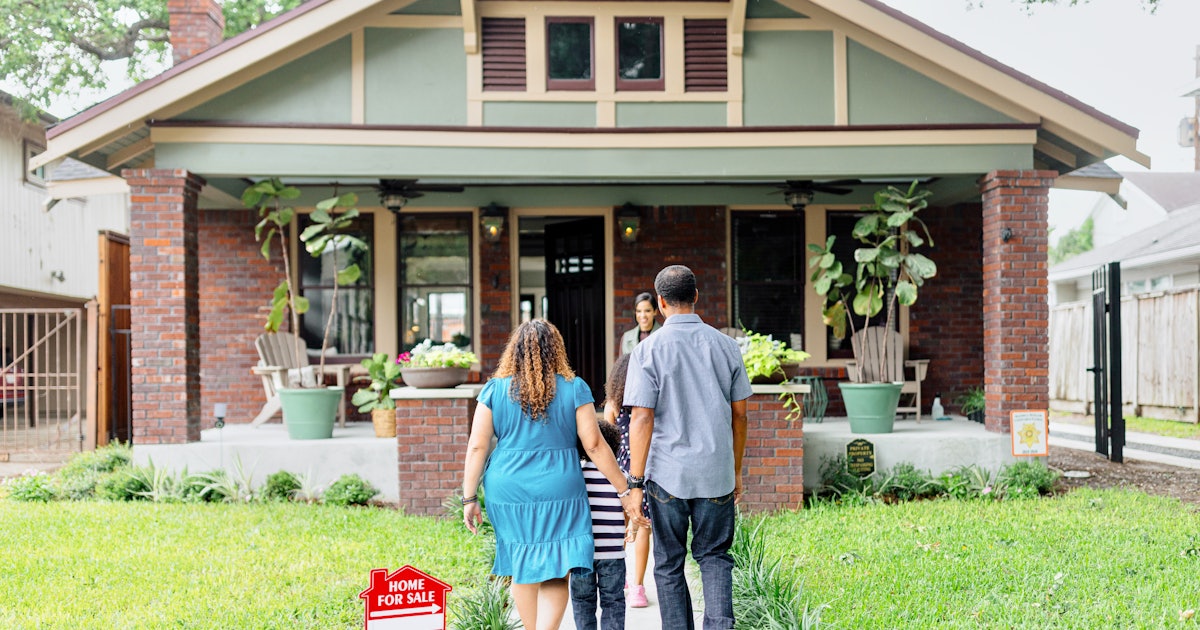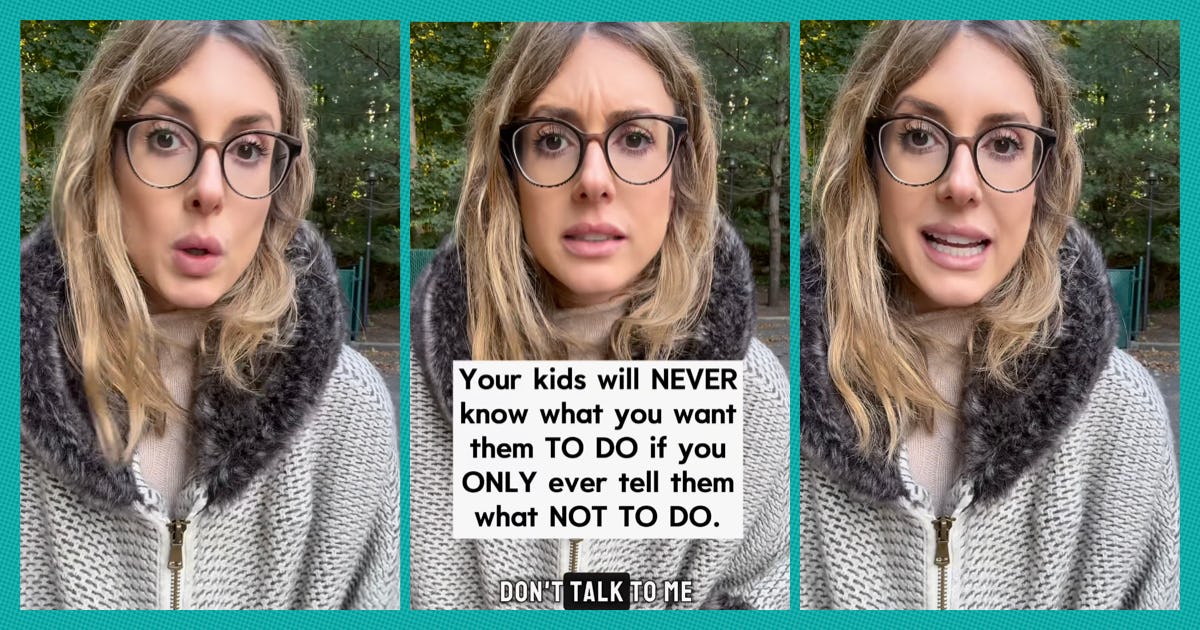I moved around a lot when I was a kid. My father worked in a pulp and paper mill in the 1980s and 1990s—not a good time for the industry—so we moved six times looking for work. We stayed in the town for at most four years, long enough to feel settled but short enough to not feel like home. I went to two elementary schools, two junior high schools, and two high schools. I’m not from anywhere and the only old friends I talk to now are the ones I found years later through social media. But without any contact, it feels like a huge loss. I missed any opportunity for community. And I’ve always felt like a lonely person.
I hated this and swore from an early age that my children would never live like that.
By my mid-20s, I was making a plan for where I wanted to live once I had kids, which was kind of weird because I couldn’t see the kids at all. But I think what I’m looking for is control. I don’t want to repeat my childhood. Like many parts of my adult life, I thought if I could plan, I could eliminate any fear.
I want a city with lots of job opportunities. The reason I moved so much as a kid was that in my father’s industry, there was no other job for him within a 200-mile radius. This was before the rise of remote work, and I didn’t want to find a new job that would require my family to move. If that means a very small, run-down house in a metro area that’s fine. But once we had kids, we stayed put. There’s no starter room, either—until the kids leave.
A recent study published in the journal JAMA Psychiatry found that Danish children who moved more than once between the ages of 10 and 15 were 61 percent more likely to suffer from depression as adults compared with their classmates who had not moved. . “Even if you come from the poorest income neighbourhood, not moving – becoming a ‘stayer’ – can protect your health,” said Dr Sabel, a geographer who studies the impact of the environment on disease. new york times.
All of these statistics make sense. I have suffered from depression my whole life, partly due to a family history that had nothing to do with moving, and we had no way of knowing what would have happened if we hadn’t been away from home so often. But I know from first-hand experience that moving brings instability and loneliness. Not having something permanent in life can be unsettling and lead to feelings of abandonment due to a lack of community. As a kid, I just wanted to live in a boring town with sidewalks. In rural New Hampshire, you might see a few streets, but most of them are woods. I really, really wanted to incorporate some kind of strong local fabric. I wanted the neighborhood you see in the movies, with tree-lined streets and grumpy neighbors.
My husband and I now live in the same house we bought in 2009. I have two children, ages 11 and 8, who have lived in this house their entire lives. I know where I stood when I found out I was pregnant and I can point it out to them. I know where my son took his first steps and I know where I was when I got the call that my grandmother had passed away. My house is 300 years old and I feel like I’m part of that history.
They know our mail carriers and grocery store workers. Their neighbors watched them grow. They’ve been going to school with the same kids. My town has about 20,000 people, so they mix in with the new kids, but there’s always a familiar face in the new class. That sense of community I always wanted was there.
My kids sometimes complain that we don’t have a big yard or a big bedroom. My husband has been eyeing other houses we can’t afford. But I’m happy to stay where I am because I love the security of home, despite all its quirks. An imperfect house also has its advantages. Let me tell you, it’s heartbreaking to drive by the house you grew up in and not be able to go in because a new family lives there. No one is going to buy my house and give it some weird color.
Of course I feel guilty when I lie awake looking at Zillow and dreaming of living in Maine or Vermont and having that big house with a big garden. Maybe I can change that now that remote working has become so common, but why? I can’t give up what I have and the community I’ve built. I don’t blame my parents for making us move; they felt they had no choice. But I chose something different for my kids and any sacrifice was totally worth it to me. I know what I want to give them and I will make sure they get it.
Katie Elliott is the personal stories editor for Scary Mom. She enjoys cooking, gardening, and chatting with people about everything from how much you love your kids to how much your kids annoy you. She is a mother of two and lives in Marblehead, Massachusetts.




